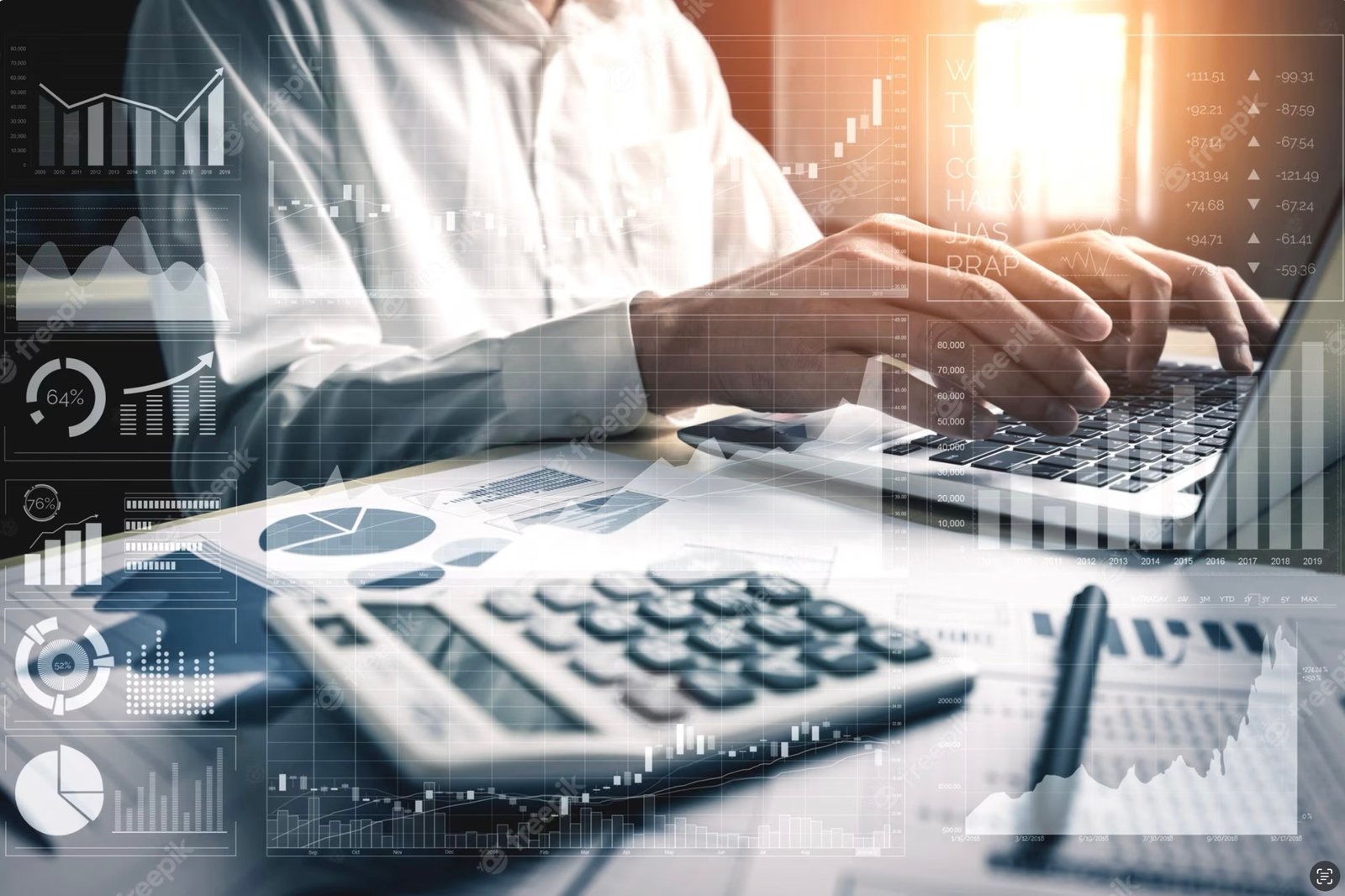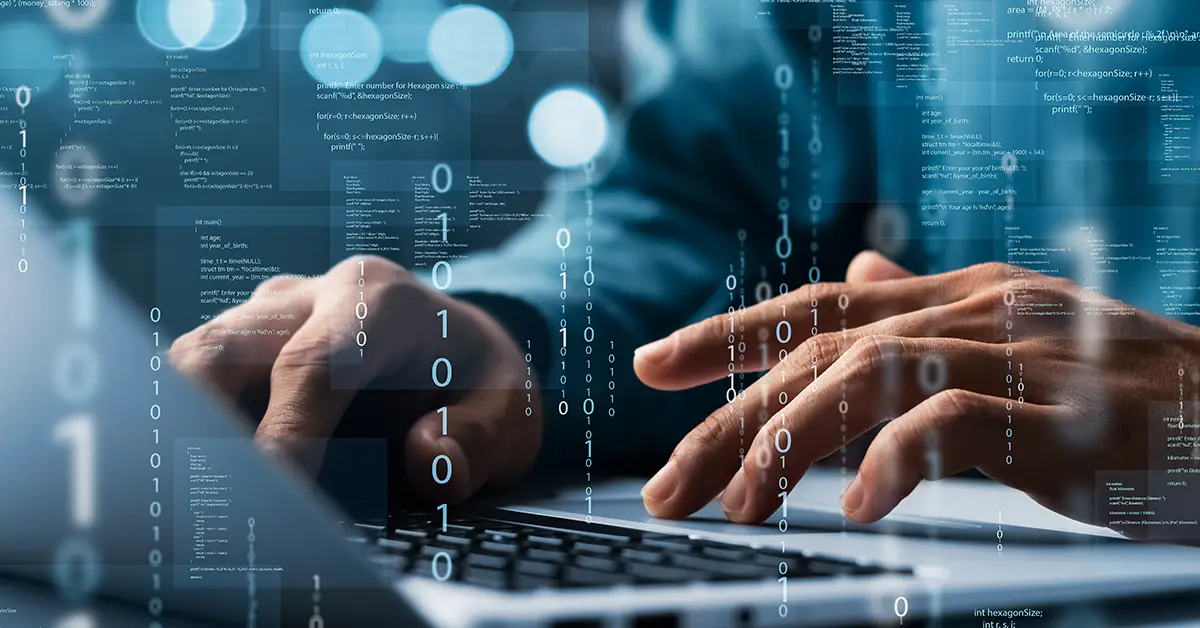Technological advancements have irrevocably altered various industries, including the field of accounting. New software, artificial intelligence, and remote working capabilities have transformed traditional accounting practices, enabling professionals to deliver services with unprecedented efficiency and accuracy. The implications of these changes extend beyond mere operational adjustments, influencing the very fabric of financial management strategies. In this article, we delve into the significant shifts brought about by these technologies and their effects on the future landscape of accounting.
The Evolution of Accounting: Embracing the Digital Transformation
The accounting profession has transformed significantly, evolving from traditional ledgers to advanced cloud-based systems that streamline real-time data analysis and collaboration. This digital shift has not only simplified processes but also improved decision-making, allowing accountants to gain a deeper understanding of an organization’s financial health.
With the digitization of accounting, errors have drastically decreased, as modern software now automatically monitors transactions and flags discrepancies. For accounting projects, specialized ERP modules ensure detailed tracking and reporting, while mobile applications provide accountants the flexibility to manage finances on the go, enhancing their ability to serve clients effectively.
Automating the Numbers: How Technology Streamlines Accounting Tasks
Automation has significantly improved the efficiency of accounting tasks, reducing human error and increasing productivity. It has enabled the quicker closing of books, allowing companies to generate financial statements quickly. Automation also simplifies payroll processing, ensuring accurate and timely payments for employees. This technological advancement is crucial for employee satisfaction and regulatory compliance.
As software becomes more sophisticated, it caters to specialized accounting needs, such as automated expense management systems. These systems allow for seamless tracking and approval of employee expenditures, replacing cumbersome spreadsheets and paper receipts with a streamlined digital workflow. Automation has revolutionized the way accounting is performed, allowing businesses to act quickly on financial insights and maintain employee satisfaction.
The Role of Artificial Intelligence in Financial Forecasting and Analysis
Artificial Intelligence (AI) is revolutionizing the accounting sector by providing enhanced financial forecasting and analysis. By leveraging vast data, AI algorithms can predict future trends with greater accuracy than traditional methods, enabling businesses to make informed decisions. AI also aids in risk assessment by quickly analyzing a company’s financial history and market conditions, making it crucial in a complex and volatile economic landscape.
AI systems can also enhance auditing by identifying discrepancies and irregularities, complementing human auditors, and ensuring a comprehensive process. Artificial intelligence enhances customer service through chatbots and automated interactions, providing instant assistance for accounting queries.
Cybersecurity Measures in Modern Accounting Practices

Cybersecurity is a critical concern in the digital age of accounting, as financial data is sensitive and requires robust security measures. Accountants must be proficient in financial management and digital security to protect client information. Key measures include encrypted connections and databases, multi-factor authentication, and regular security audits to identify vulnerabilities and ensure effective defensive mechanisms against evolving threats.
Cyber-threat intelligence and timely incident response plans enable firms to quickly respond to suspected breaches. A proactive security culture helps accounting practices anticipate and prepare for potential threats, ensuring the protection of client information and the integrity of financial transactions.
Technology’s Influence on the Future of Accounting Careers and Education
The technological revolution in accounting is transforming the roles and education of accountants, emphasizing the importance of continuous learning and adaptation. Accountancy education now includes courses on software, data analytics, and information systems, equipping graduates with the skills needed to thrive in a digital environment. Emerging roles require a blend of accounting expertise and technological acumen, with specialists in systems accounting, forensic accounting, and financial data analysis.
As technology continues to transform accounting work, there is a growing need for professional development, staying updated on software updates, cybersecurity measures, and regulations influencing digital accounting practices. Lifelong learning is a non-negotiable aspect of a successful accounting career in the age of technology.
Overall, technology has undeniably revolutionized accounting practices, making systems more efficient, secure, and forward-looking. As we anticipate even more sophisticated advancements, the intersection of accounting and technology is poised to further evolve, creating both challenges and opportunities for professionals in the field.

